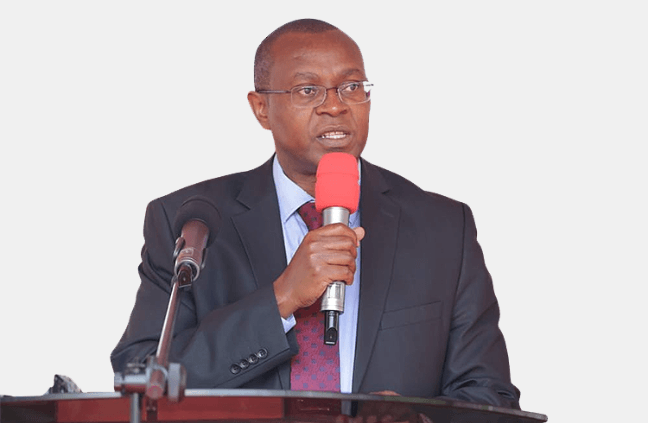The Ministry of Health is training medical and clinical officers to manage patients with epilepsy.
It aims to ensure facilities have trained healthcare workers to prescribe and monitor the use of anti-epileptic medicines and ensure they are easily accessible.
Anti-epilepsy drugs are not readily available in most public hospitals, forcing patients to buy drugs outside at exorbitant prices.
Currently, drugs for epilepsy management are offered at Levels 4 and above health facilities, according to the Kenya Essential Medicines List.
This is because these medicines need to be prescribed by specialist psychiatrists, physicians, neurologists or senior medical officers who are few in number in public health facilities.
The ministry says that as more specialists are trained and eventually deployed by the county governments, access to anti-epileptic drugs will improve.
In her submissions in Parliament, Health CS Susan Nakhumicha said the ministry is working with the pharmaceutical sector and other stakeholders on pricing guidelines for health products and technology.
This, she said, will help address the uncontrolled mark-up on pharmaceutical products that drives increasing costs of medicines along the supply chain.
“Additionally, we are working on strategies for pooled procurement targeting expensive medicines that may not be accessible to a critical segment of the population,” Nakhumicha said.
“The long-term plan is to promote local manufacturing of health products and technologies and prioritise preferential procurement of locally manufactured medicines and medical commodities,” the CS said.
She has said improving access to anti-epileptic medicines will improve the quality of life of patients suffering from epilepsy, leading to better productivity.
To reduce the stigma and enhance public support for people with epilepsy, the ministry has trained Community Health Promoters on early detection and referral of patients suspected to have epilepsy.
The CHPs are trained on how to educate and sensitise the public on epilepsy, thus, reducing stigma about the condition.
Epilepsy, a serious condition affecting the nervous system, is in some communities widely associated with witchcraft or demonic attacks.
The actual cause of epilepsy is not fully understood, but what is known is that seizures are caused by abnormal and excessive electrical discharges in the brain.
Studies by the Kenya Medical Research Institute (Kemri) cite the rate of birth trauma, infections of the brain and head injuries as the top causes. Other risk factors include a family history of seizures.
“Stigma against epilepsy is real and is due mainly to lack of information about the disease by the general public,” Nakhumicha said.
The ministry has further developed epilepsy management guidelines that will guide healthcare workers on the prevention, control and management of epilepsy.
The guidelines are important in ensuring uniform standard quality care is offered along the continuum of care.
The guidelines also include aspects of patient education and self-care that will enable patients to manage their condition better at home.
In Kenya, little data exists about the condition but statistics as of 2014 showed the prevalence of epilepsy in Kenya was 19 per 100,000 of the population.
According to the Kenya Association for the Welfare of People with Epilepsy, about five per cent of Kenyans suffer from epilepsy but only 20 per cent of the patients can afford medication.
The World Health Organization says epilepsy is a chronic Non-Communicable Disease of the brain affecting people of all ages.
The WHO data shows around 50 million people worldwide have epilepsy; nearly 80 per cent live in low- and middle-income countries, making it one of the most common neurological diseases globally.
“People with epilepsy tend to have more physical problems such as fractures and bruising from injuries related to seizures, as well as higher rates of psychological conditions, including anxiety and depression,” WHO says.
The global health agency further warns that the risk of premature death in people with epilepsy is as much as three times higher than for the general population.
However, it estimates that as many as 70 per cent of people with epilepsy could live seizure-free if properly diagnosed and treated.












